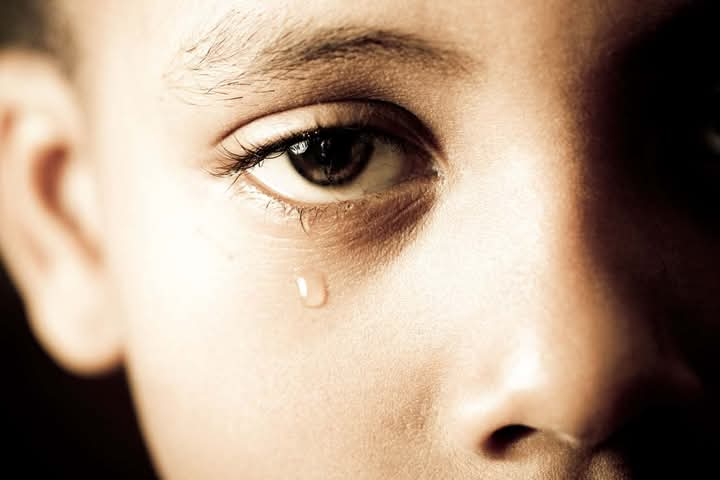
The Lagos State Government has vowed to tackle child abuse, as data from the Domestic and Sexual Violence Agency, DSVA, revealed that 3,215 children experienced emotional, sexual abuse and were exposed to all forms of domestic violence within their homes in the state between January and December 2024.
The figure, as gathered by PT on Wednesday, showed that, of the total 9,279 domestic violence cases reported in the year under review, children accounted for over a third of the survivors. The remaining 6,064 were adult male and female victims.
Findings showed that the nature of abuse included sexual assault, emotional abuse and other forms of domestic violence.
According to the DSVA, a majority of the perpetrators, about 2,708 in total, were relatives or individuals known to the victims, while only 250 cases involved strangers.
Speaking on steps being taken to curb sexual and gender-based violence, especially against children, the Executive Secretary of the DSVA, Titilola Vivour-Adeniyi, said that the government had adopted a technology-driven and preventive approach.
She said, “In terms of education, we are working very closely with the Ministry of Education and the Office of Education Quality Assurance.
“We have developed a curriculum for our Kings and Queens Club where we teach children about sexual and reproductive rights and sexual and gender-based violence.
“We speak to them about gender equality because we know that if we get it right from that level, these children will grow up knowing that gender equality is something that should not be feared but embraced. When a boy knows his role and a girl knows hers, that imbalance is reduced in adulthood.”
Vivour-Adeniyi also explained that part of the agency’s core mandate was the full implementation of the Child Protection Policy, which was created through an Executive Order in December 2016.
“Our approach is not just remedial but also preventive. We ensure that child-centred institutions, especially schools, have clear procedures to prevent GBV and respond appropriately when it occurs,” she said.
She further stressed the importance of parental involvement, noting that the family remains the foundation of a child’s protection.
“We’ve embarked on various Parents’ Association conferences, but last year, we decided to leverage technology. Through our Safeguarding and Child Protection Online Learning Platform, we introduced a free online course for parents.
“Over 13,000 parents have taken that course. The aim is to build their capacity to engage their children on child rights, abuse, body autonomy, grooming, and the steps to take if abuse occurs,” she said.
She added that children are also being engaged directly through the Kings and Queens Club for secondary school students and the SAC initiative for primary schools.
Commenting on the disturbing figures, the founder of DOHS Cares Foundation and curator of femicide reports, Ololade Ajayi, expressed concern over the actual scale of the issue.
“First, the number is more than that. Those are just the reported cases. Implementation of the law is the problem.
“Will the police allow the law to take its proper course—by intervening, investigating, making arrests and arraigning these perpetrators,” she queried.
She added, “Law enforcement would have frustrated half of the reported cases before they got to court. For those that do get to court, half of them will be frustrated by the arduous process of seeking justice because there is lack of support systems or resources to pursue justice.”
Ajayi called for urgent reforms in the justice system and stronger support structures to ensure victims receive timely and effective help.





